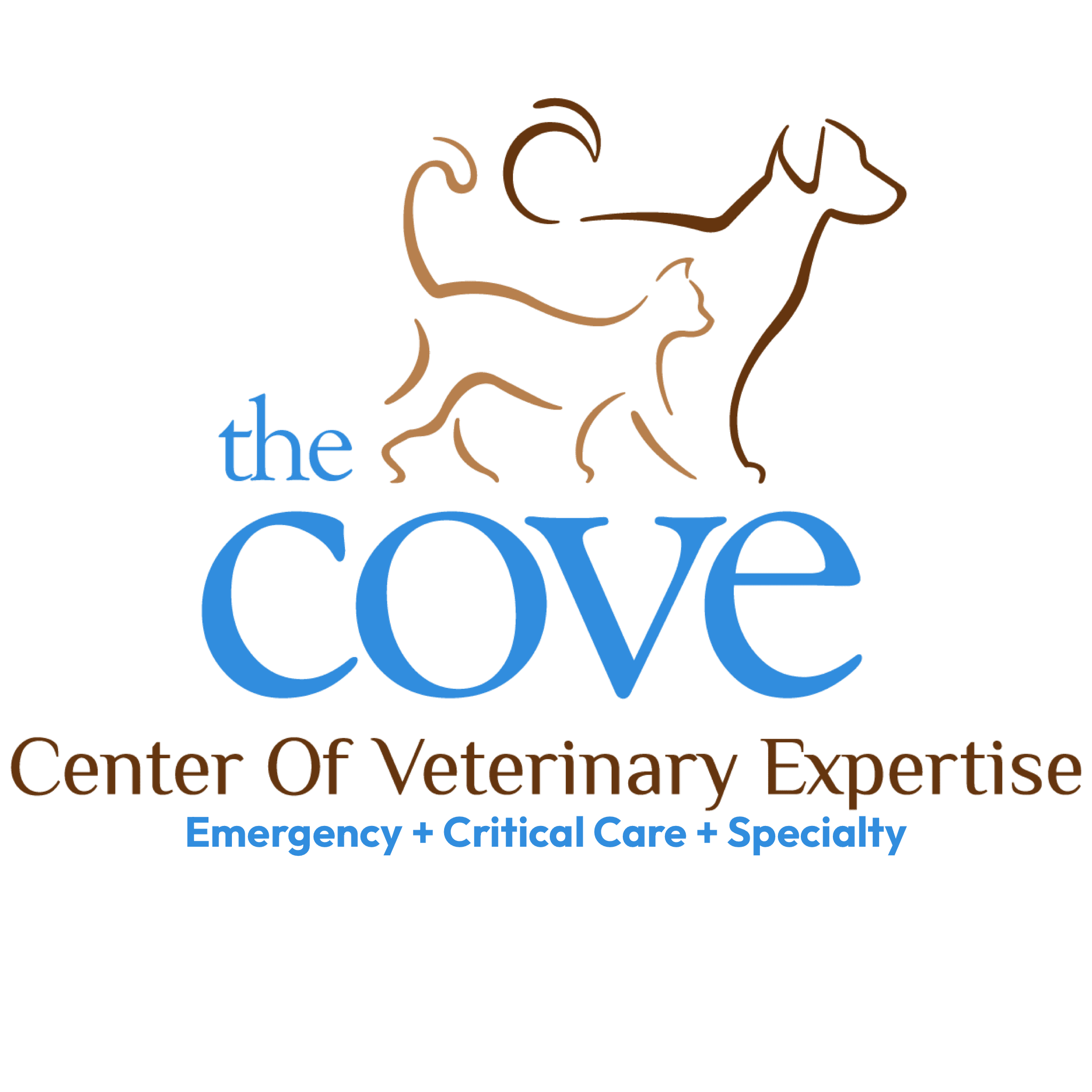Food, family, fun – did we mention food? Thanksgiving Day is here, and we have a few tips to help you keep your furry family members safe and happy this holiday weekend.
1. Resist the temptation to share food with your pet
With all those delicious aromas floating around your dog is bound to be begging, but don’t give in. Many of the dishes on a Thanksgiving table can be a problem for both dogs and cats, including:
- Turkey, which can be fatty, especially the skin. Even a tiny amount of fatty foods can cause pancreatitis in animals – a life-threatening condition indicated by vomiting, lack of appetite, and belly pain.
- Bones can get lodged in the throat or damage the digestive tract. Both are life-threatening conditions that often require surgical intervention.
- Garlic, onions, grapes, raisins, alcohol, dairy products, salt, sugar, yeast dough, and chocolate are ingredients found in many popular holiday dishes that are extremely toxic to pets.
- Sweets and some processed foods such as peanut butter, often include an artificial sweetener called Xylitol that is fatal to pets even in small doses.
Instead of feeding pets table scraps, indulge them with a special treat designed to be safe for them. Pet bakeries are great places to find something festive.
Don’t forget the trash. Store it where your pet can’t get into it, preferably in a room they can’t access.
2. Keep pets away from table decorations
Unfortunately, many plants and flowers commonly used decoratively during the holidays are toxic to pets, including poinsettia, amaryllis, some ferns, hydrangeas, and others. For a comprehensive list, check out the ASPCA list of poisonous plants or better yet, download their poison control app.
3. Ensure furry family members are safe and comfortable
Remember that visitors can stress out some pets. If your furry loved one gets nervous or anxious around other people, or could use a break from the stimulation, put them in a separate room with a safe toy and bed or blanket so they can relax. Keep ID tags on your pet and have them microchipped in case they sneak out while guests are coming or going.
4. What if your pet ingests something they shouldn’t?
Signs your dog or cat may need immediate care include vomiting, pain, diarrhea, sudden behavioral changes, and depression. If your pet shows any of these signs contact a veterinarian immediately.
Most primary care veterinarians’ offices will likely be closed on Thanksgiving so know in advance where the closest emergency clinic is located and have their number handy. Research the local 24/7 animal hospital if you are traveling. If you think your pet may have ingested a toxic substance call the ASPCA Poison Control Hotline at 888-426-4435.
The COVE is OPEN Thanksgiving and every Holiday
If you are here in the Suffolk/Norfolk region, you can trust in the care of our Emergency Department led by a board-certified specialist in emergency and critical care Jacqueline Nobles, DVM, DACVECC. The COVE is open 24 hours a day, 365 days a year. We are located at 6550 Hampton Roads Pkwy, #113, Suffolk, VA, and welcome your call anytime day or night at 757-935-9111.
About Us
The COVE’s veterinarians and staff wholeheartedly embrace the core values of community, collaboration, commitment, compassion, and integrity. This focus ensures that pets, the people who love them, and their primary care veterinarians have as positive and affirming a healthcare experience as possible, regardless of the circumstances that bring us all together.
